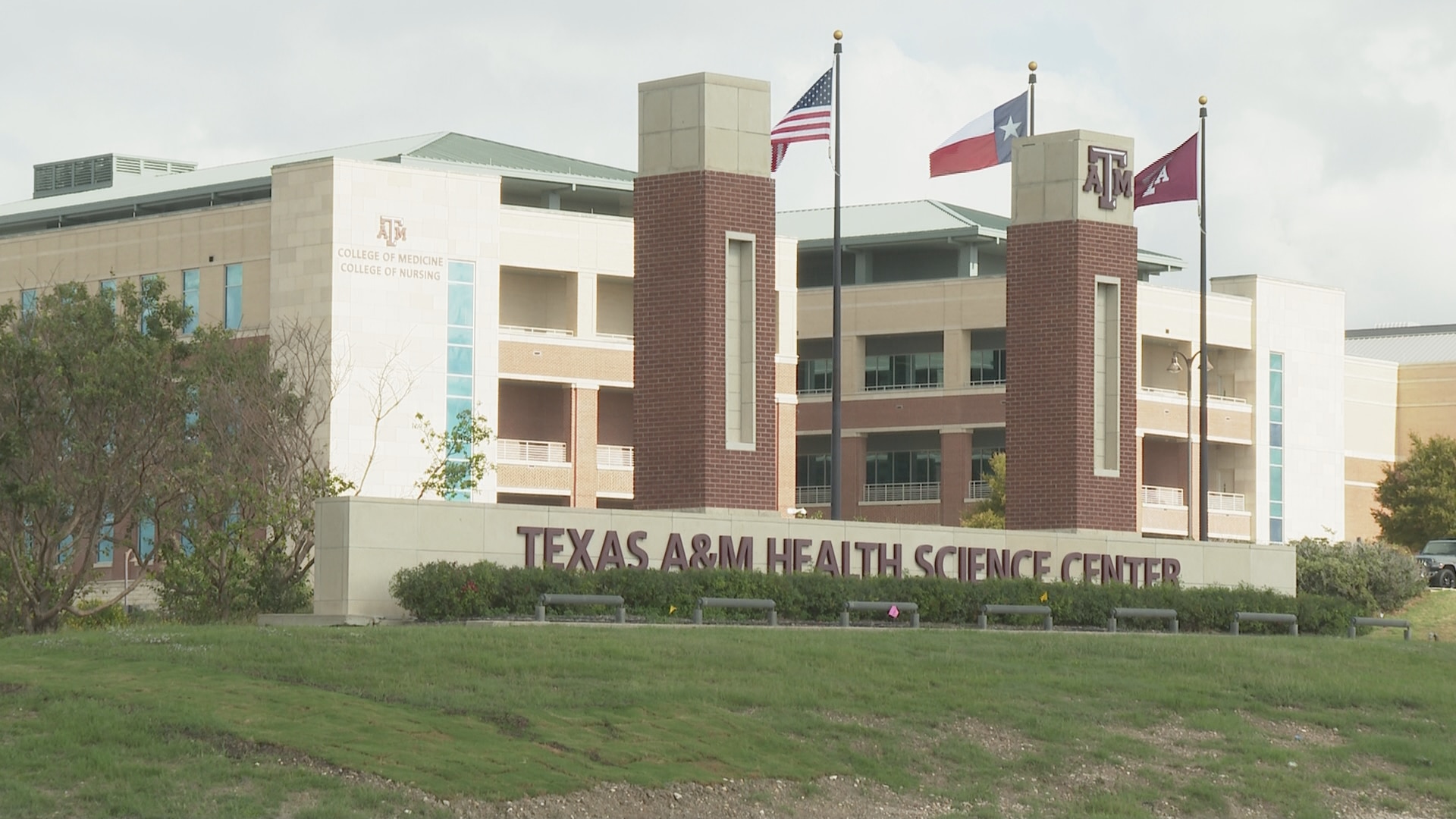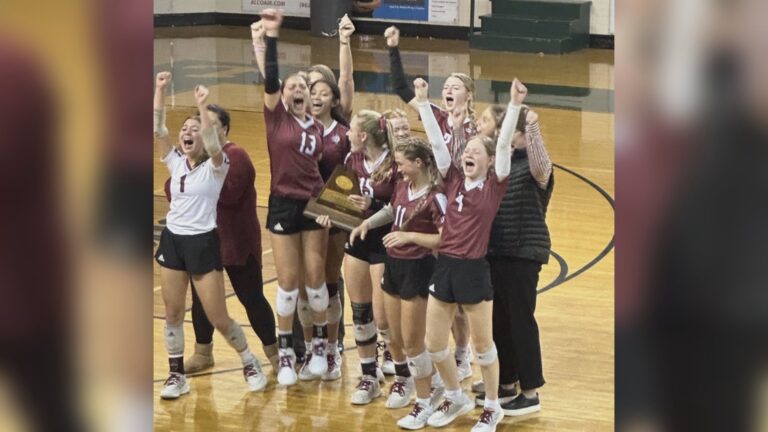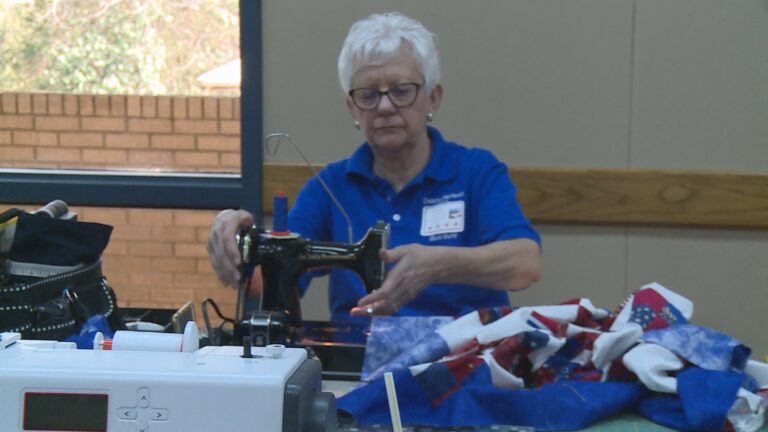Texas A&M, Lurie Children’s Hospital awarded $7.4 million grant to boost adolescent health
COLLEGE STATION, Texas (KBTX) -The federal government is working to enhance the health and well-being of young adults nationwide. Texas A&M University is one of several organizations recently awarded millions from the U.S. Department of Health and Human Services (HHS) to tackle issues like unplanned pregnancies, sexually transmitted infections, healthy relationships, substance use, mental health, violence prevention, and more.
They’re collaborating with Lurie Children’s Hospital in Chicago, serving one of the country’s largest metropolitan areas, to provide healthcare services and education to adolescents and their families.
Kelly Wilson, Ph.D., MCHES, associate dean for research at the Texas A&M School of Nursing, and Whitney Garney, Ph.D., an associate professor in the Texas A&M School of Public Health, are serving as co-principal investigators.
“We’re building off of work that has been happening between A&M and Lurie over the last several years,” said Wilson. “We know that adolescents at the time of development where we have a lot of body change happening, a lot of brain change happening, and we want to prepare them to be competent young adults who are prepared to take care of themselves.”
POPPS is the latest collaboration between Texas A&M and Lurie Children’s. The university has partnered with the organization’s adolescent community programs on several health projects related to unplanned pregnancy prevention, caregiver support, and more over the past several years.
The team will collaborate with community organizations that cater to at-risk youth experiencing homelessness, Chicago Public Schools, and Lurie Children’s clinics. Their mission is to provide health services and education to adolescents and their families. Trained educators from Lurie Children’s will deliver approved evidence-based programs through the system’s network of clinics, Chicago Public Schools, and participating partners.
“By meeting adolescents and their families where they live, learn and seek care, we hope to address real and persistent health inequalities that exist among this group,” Wilson said. “The evidence-based programs we plan to implement contain diverse and proven approaches to promote healthy adolescent behaviors and establish a foundation for a lifetime of beneficial development.”
“Adolescence is a deeply formative stage of life, offering an important window to positively influence this population with public health efforts,” Garney said. “Chicago is the country’s third largest city and provides our research team an opportunity to make maximum impact while expanding Texas A&M’s national reach.”
Apart from implementing evidence-based programs, experts say funding will also promote community engagement and improved access to adolescent-friendly health services.
“Educators from our Community Programs team have begun our seventh school year serving Chicago Public Schools (CPS) with a focus on 4th-8th student and caregiver spaces with high quality, comprehensive, medically accurate health education. We are so grateful for this opportunity to expand the trust and partnership we have built to high schools and residential spaces,” said Dawn Ravine, Manager of Sexuality Education, Potocsnak Family Division of Adolescent and Young Adult Medicine. “The sheer number of requests for sexual and reproductive health education support from CPS high schools inspired the proposal for this project. We will meet young people in clinics, schools and community spaces with this vital POPPS programming.”
“We know again people want to improve their health. They want to have that positive outlook, but they don’t always have those direct tools. They don’t always feel confident in healthcare settings. And so through our health education and through our connections to community providers, we’re able to sort of bridge that gap,” said Ravine.
The research team is using the first six months of the project to identify appropriate evidence-based programs for implementation. This process includes soliciting input from greater Chicago youth, parents, and community stakeholders. POPPS programming is expected to launch early next year.







